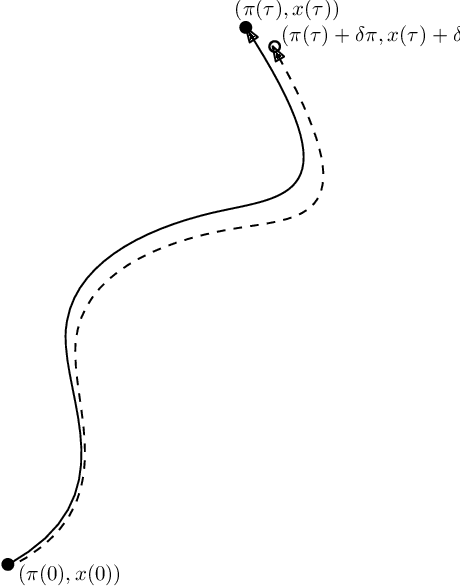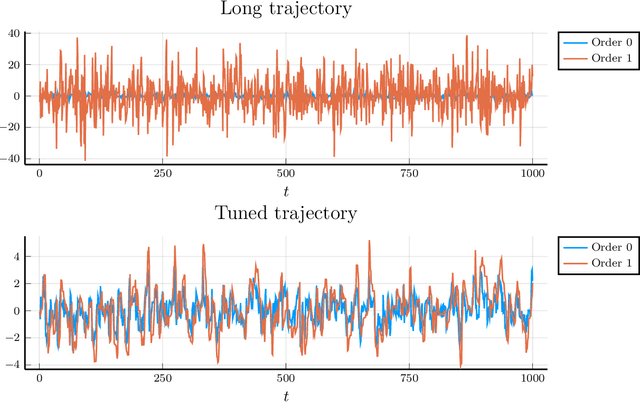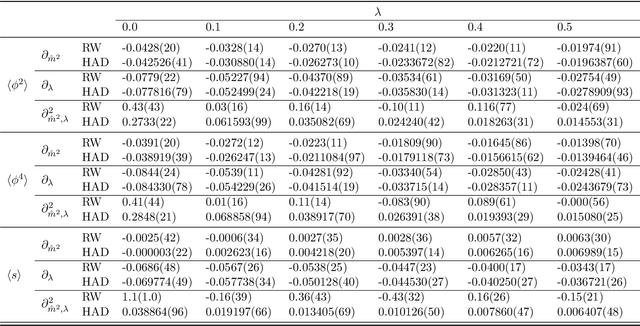Alberto Ramos
Exploring Large Language Models to generate Easy to Read content
Jul 29, 2024Abstract:Ensuring text accessibility and understandability are essential goals, particularly for individuals with cognitive impairments and intellectual disabilities, who encounter challenges in accessing information across various mediums such as web pages, newspapers, administrative tasks, or health documents. Initiatives like Easy to Read and Plain Language guidelines aim to simplify complex texts; however, standardizing these guidelines remains challenging and often involves manual processes. This work presents an exploratory investigation into leveraging Artificial Intelligence (AI) and Natural Language Processing (NLP) approaches to systematically simplify Spanish texts into Easy to Read formats, with a focus on utilizing Large Language Models (LLMs) for simplifying texts, especially in generating Easy to Read content. The study contributes a parallel corpus of Spanish adapted for Easy To Read format, which serves as a valuable resource for training and testing text simplification systems. Additionally, several text simplification experiments using LLMs and the collected corpus are conducted, involving fine-tuning and testing a Llama2 model to generate Easy to Read content. A qualitative evaluation, guided by an expert in text adaptation for Easy to Read content, is carried out to assess the automatically simplified texts. This research contributes to advancing text accessibility for individuals with cognitive impairments, highlighting promising strategies for leveraging LLMs while responsibly managing energy usage.
Stochastic automatic differentiation for Monte Carlo processes
Jul 28, 2023



Abstract:Monte Carlo methods represent a cornerstone of computer science. They allow to sample high dimensional distribution functions in an efficient way. In this paper we consider the extension of Automatic Differentiation (AD) techniques to Monte Carlo process, addressing the problem of obtaining derivatives (and in general, the Taylor series) of expectation values. Borrowing ideas from the lattice field theory community, we examine two approaches. One is based on reweighting while the other represents an extension of the Hamiltonian approach typically used by the Hybrid Monte Carlo (HMC) and similar algorithms. We show that the Hamiltonian approach can be understood as a change of variables of the reweighting approach, resulting in much reduced variances of the coefficients of the Taylor series. This work opens the door to find other variance reduction techniques for derivatives of expectation values.
 Add to Chrome
Add to Chrome Add to Firefox
Add to Firefox Add to Edge
Add to Edge